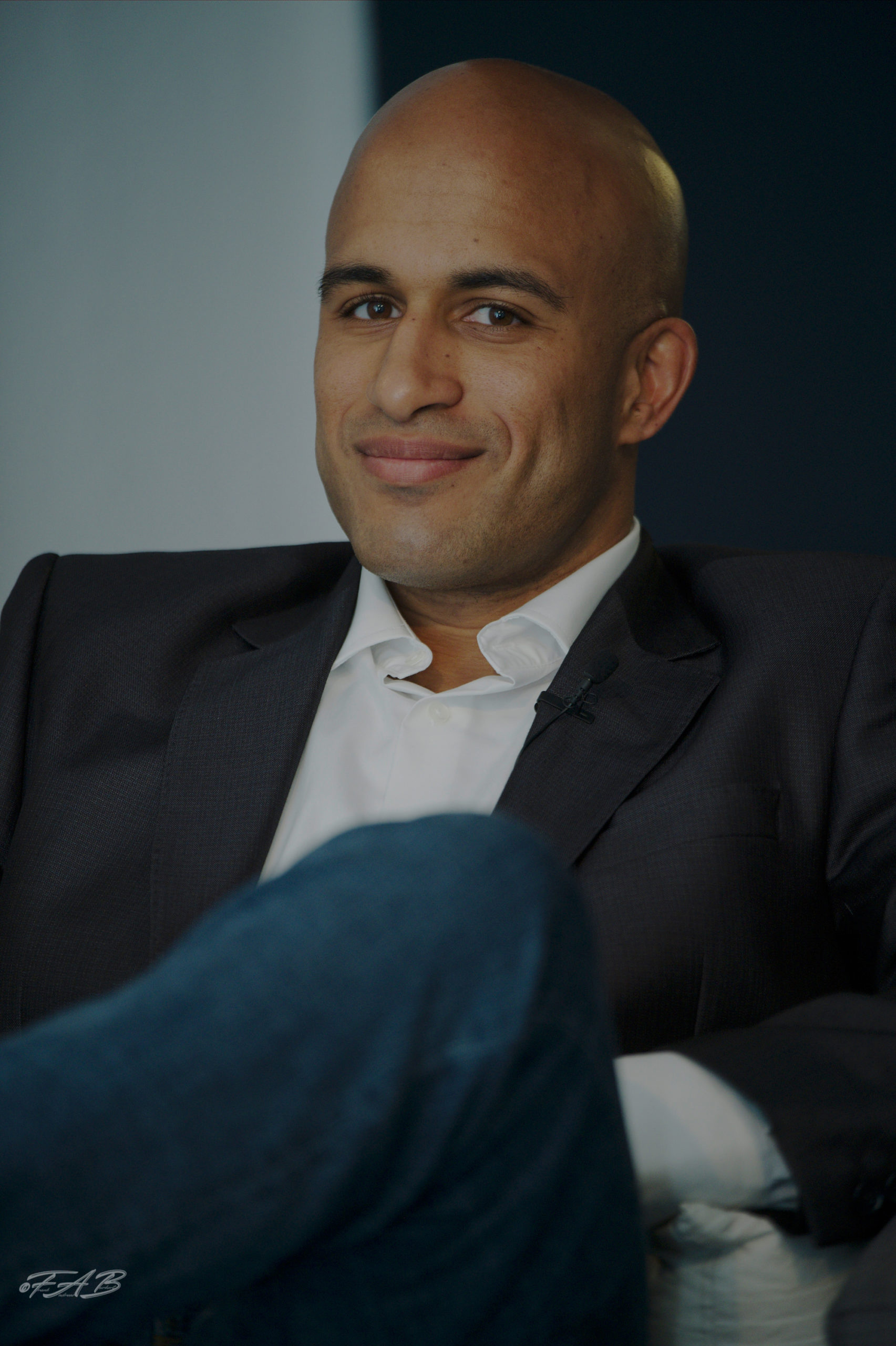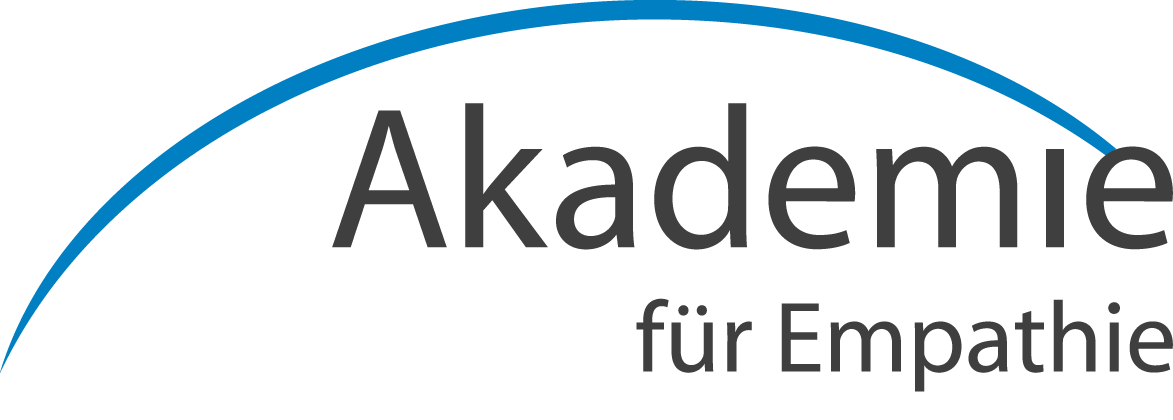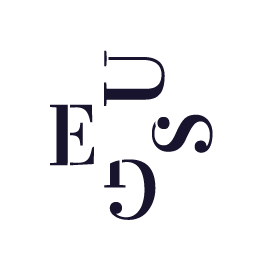About me
Career, qualifications, basic attitude

Academic background
- Since 2011: Doctor of Philosophy (summa cum laude), subject: “Integrated Conflict Transformation in Dialogue” (Viadrina European University, F. a. d. O.)
- Since 2007: M.A. Peace and Conflict Studies, Subject: Methods of Mediated Conflict Transformation (Philipps University Marburg)
- Since 2005: Diplom-Sozialwirt, specialisation: Social Economics
(Hamburg University of Economics and Politics
Professional stations
-
- Since 2019: Membership and advisory work in the Future Circle of the BMBF. Theme sponsor for societal multiresilience.
- Since 2018: Member of the European School of Governance
-
- Since 2017: Part-time research assistant at the European University Viadrina Frankfurt (Oder). Research interests: “Methods for complexity-appropriate legislation” and “Communicative complexity management”.
- 2017-2020: Trainer of the AIZ. Focus: stress management and trauma coping.
- Since 2016: Consulting and training of clinics. Focus: Culturally sensitive communication with foreign patients
-
- Since 2014: Managing partner of PROTECTIVES GbR. Focus: Trainer for de-escalation and prevention in the context of violence in the workplace.
-
- 2014-2017: Partner of the GRUNDIG Academy Nuremberg. Focus: Trainer for conflict management in the course “Systemic Organisational Development” as well as resilience coach for managers.
- Since 2013: Teaching experience at over a dozen universities on various topics in the field of inner and outer communication (see teaching).
- Since 2012: Member of the Ethical-Ecological Rating
research group.
- 2012: Founding partner of the Akademie für Empathie GbR. Focus: Supervision of counsellors of the academy’s network
- Since 2012: Partner of DENKBANK GbR. Focus: Consultant and trainer for organisational resilience support and communication support.
- 2011: Geostrategic Consultant at Joschka Fischer and Company GmbH
- 2010: Research Associate at Berghof Conflict Research
Cooperations
Trainings
- Certified Conflict Consultant Conflict Transformation (TRANSCEND)
- NLP Practitioner (kikidan)
- Train the Live Online Trainer (GRUNDIG Academy)
- K-i-E Agile Master (K-i-E Institute)
- SCRUM Master (scrum.org)
- SCRUM Product Owner (scrum.org)
- wingwave Coach (Better Siegmund Institute)
Basic professional attitude
Further certificates
- Becoming a Resilient Person: The Science of Stress Management and Promoting Wellbeing (edX, University of Washington)
- U.Lab: Transforming Business, Society and Self (edX, Presencing Institute)
- Resilienz bei Kindern (Coursera, University of Michigan)
- Desaster Preparedness (Coursera, University of Pittsburg)
More sources
To make a long story short: I am convinced that every problem holds opportunities to develop ourselves further and that we all already have the necessary (sometimes pre-conscious) knowledge to solve our challenges in the best possible way. Both as individuals and as a group/organisation/society. As a researcher and consultant, I see my role as making this knowledge available for good problem solving. I understand “good problem solving” to mean that the needs of those affected (i.e. their deeper concerns) can be met in the best possible way
As a researcher, I am convinced that no single discipline (such as sociology, psychology, business administration) is sufficient to adequately understand current complex challenges (such as conflicts, organisational change, financial crises). It will not be sufficient to continue research within the limited perspective of individual disciplines. What is needed is a theoretical and practical bringing together of the diverse contributions of these different individual disciplines. Only then will insights into the overarching interrelationships emerge. However, cross-disciplinary research and counselling practice are still in their infancy.
As a counsellor I am convinced that a clever, situation-appropriate combination of different intervention approaches can contribute to the best possible problem solving. Above all, it is about activating (and, if necessary, developing) already existing resources of the people concerned so that they can achieve their goals themselves. In working with my clients, I focus mainly on activating their deeper competences. I call them working hypothetically “universal competences”, because I assume that they are already dormant in us and – and this is so practical about it – can be applied to a variety of different situations. An essential key is reaching a state of inner centring and aligning one’s intention. In my experience, this is very mundane and accessible to everyone. Below are three different and simple examples:
Example 1: Thirty students had to give a final presentation in my course and expressed in advance that they were afraid of public speaking and that they were not good at it. I asked them about situations in their memory where they had enthusiastically told someone else about something; about situations where the telling felt “really easy” and where they had made other people listen to them enthusiastically. If you could recall such an experience, it would prove that they already had the required competence within them. The next step was then to bring about this state in the upcoming presentation to the class. The result: all the students gave consistently enthusiastic, very good presentations.
Example 2: During a de-escalation training in a public authority, the participants wanted to learn as many communication techniques as possible to prevent escalating situations in customer dealings. In the process, they noticed that they were already implementing many of the techniques intuitively and that they then “automatically did everything right” if they had the sincere intention not to take anything personally, to understand the problem of the aggressive counterpart and to help him professionally. This seemed to them to prove that aligning one’s own intention and the inner state of mind may be more important than simply learning techniques. In addition to teaching techniques, we therefore focused primarily on developing the ability to attain a state of inner centredness on demand, which on the one hand makes it possible to be more calm in stressful situations and thus to have more capacity to respond empathically to others.
Example 3: Several experts from different disciplines came together in a workshop facilitated by me to discuss a complex problem and develop innovative recommendations for action. The participants found that they achieved particularly good results when they all reached a state of inner centring (in this case, a 3-minute meditation was enough). Instead of an energy-sapping debate in which everyone insisted on their point of view, the communication reached a deep dialogical quality in which each participant referred to the ideas of the others in a constructive and creative way and new ideas and insights emerged from the combination of their different perspectives.







